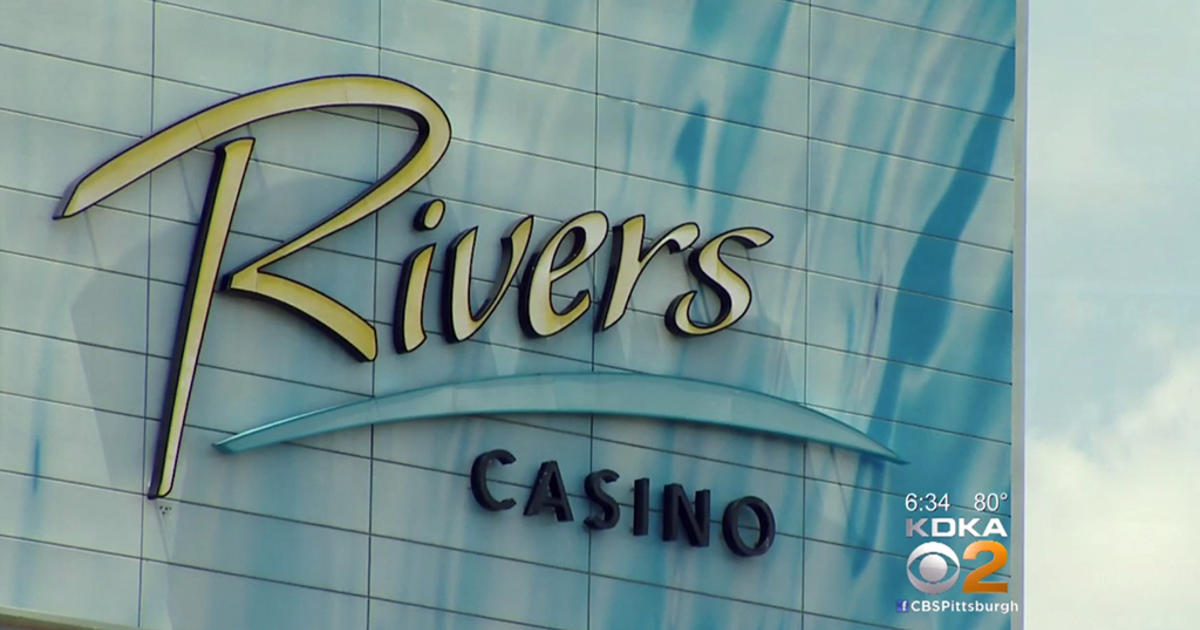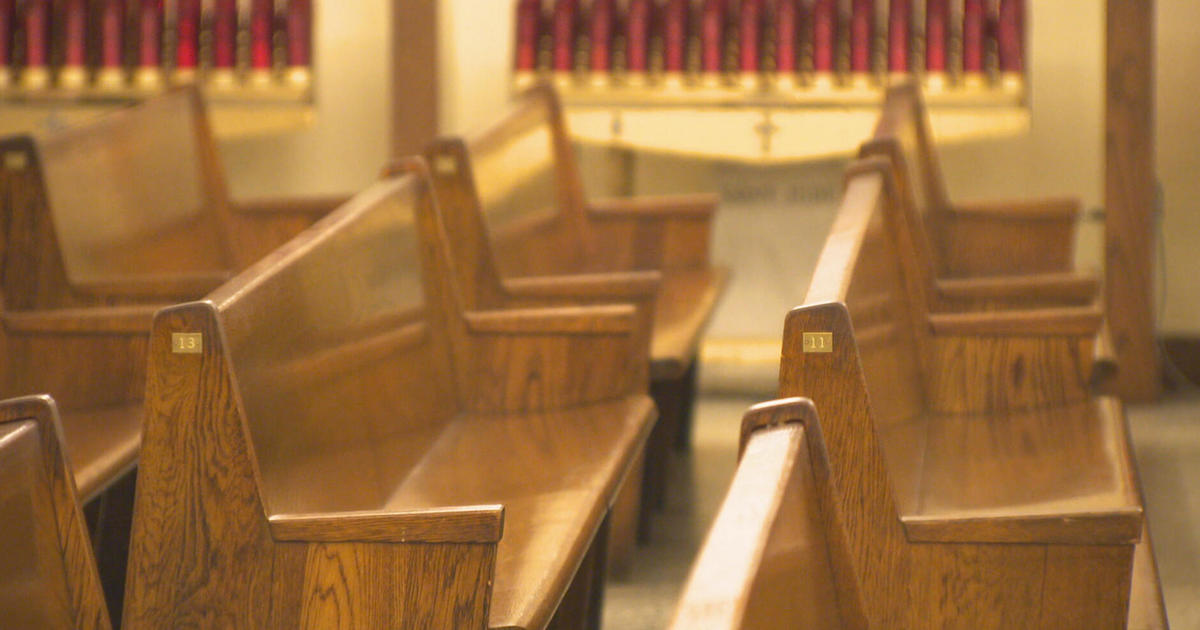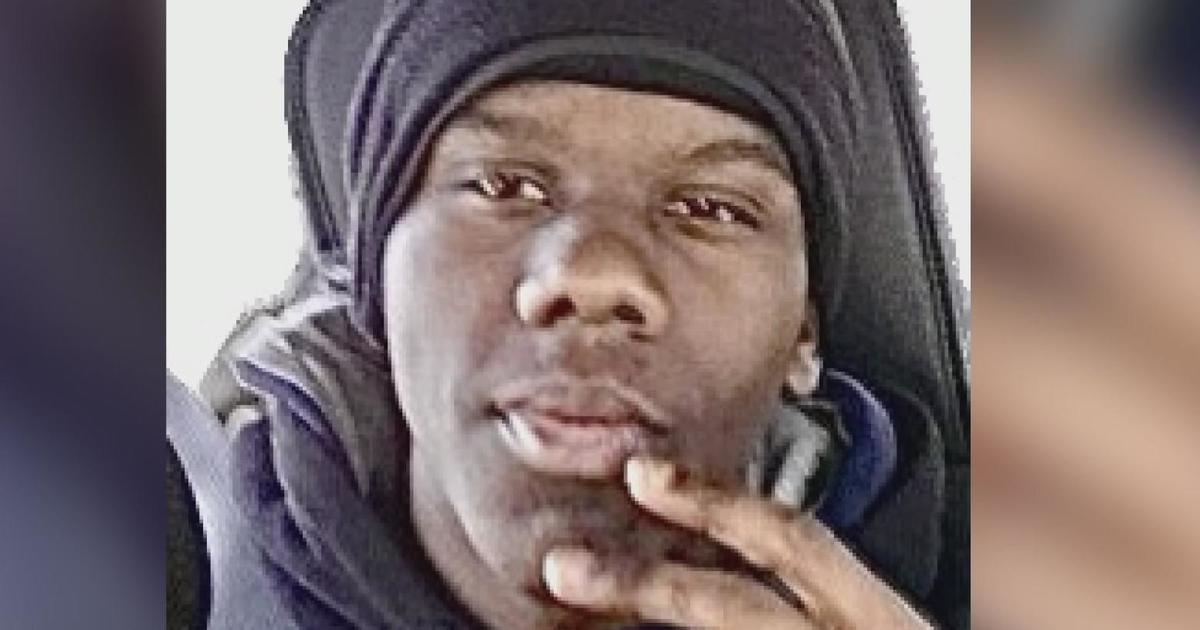University Of Pittsburgh Researchers Prepare For Handling The Coronavirus
"There's no difference between a small kid who goes to elementary school in Fox Chapel and a small kid who goes to the elementary school in Wuhan. They both have equal meaning. They both have an equal importance, and that's why it is on the scientific community, to solve international problems."
Those are the words of Dr. Paul Duprex, the Director of the Center for Vaccine Research at the University of Pittsburgh.
It is that sense of obligation that powers researchers in the C-V-R.
"It's not just about the little viruses in the little labs," explains Duprex. "It's a huge issue, because this university has a big footprint both in Pittsburgh and elsewhere in the world."
Right now, the focus at the C-V-R is on SARS-CoV-2. It is the virus that leads to COVID-19. COVID-19 is more commonly known as coronavirus. The outbreak has rocked worldwide financial markets and infected tens of thousands.
Duprex explains one of the goals of any research facility is to minimize the risk to those doing the work with the viruses.
"No one wants to do something which is dangerous. We don't come to work to die. We come to work to work. Likewise, we have a responsibility to ensure that what we do is safe outside," Duprex says.
That means they want the public to know what is happening inside their labs.
Researchers have been busy growing and multiplying the SARS-CoV-2 virus in their biocontainment lab. That allows them to work with the virus in monkey cells.
"The knowledge that we have about the structure of outside of the virus, the genetics of the virus, how to grow the virus," explains Duprex. "That gets us along the road, but the road is long."
The ultimate goal is vaccine development, but that even having a working model may not be the end of the line.
"There's a chasm between having a candidate vaccine and having a product that a primary care physician takes out of the fridge -- if it is a product that needs to be refrigerated -- takes out, opens a needle, and injects a small kid or an adult," says Duprex.
Worldwide, more than 50 countries have reported cases of coronavirus. Pitt's scientists stress they are not working on a vaccine for Americans or for Chinese people or for the Italians.
"Viruses know no borders, and science doesn't know any borders -- and shouldn't know any borders. These borders sometimes are important, but they're also artificial constructions on a map."
Because for these scientists, human health holds a higher position.
"Whenever someone is in need in one part of the world," explains Duprex, "and we have the abilities of another part of the world, I think it's rather important to not see it as 'far away,' but to think this is the same as my grandchild."



